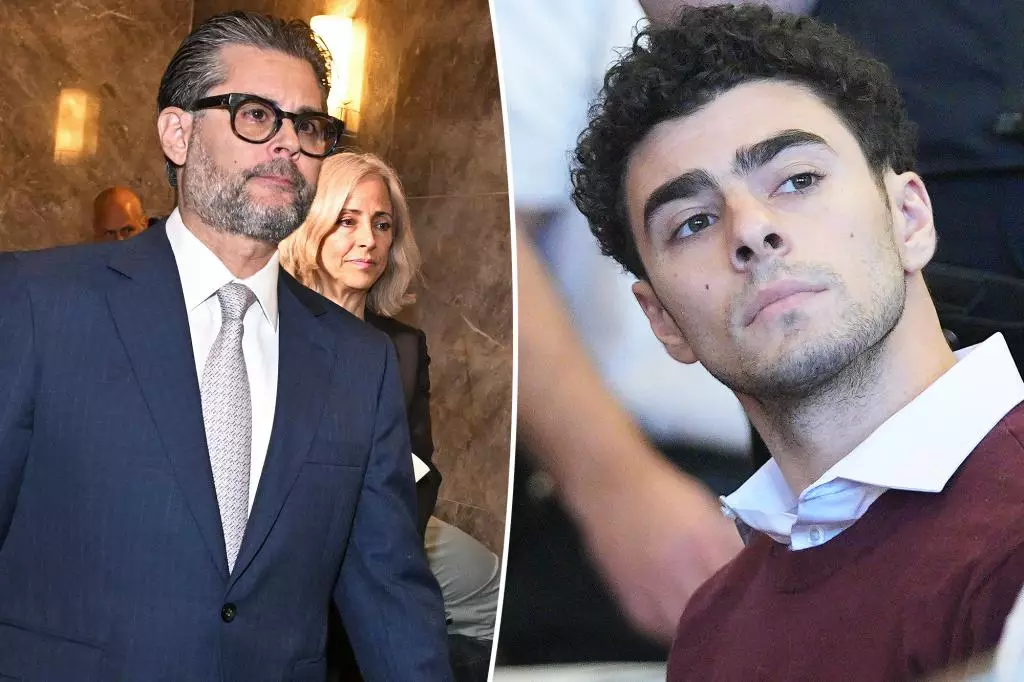In recent developments, Luigi Mangione has enlisted the help of Craig Rothfeld, a prison consultant renowned for his efforts with high-profile clients such as Harvey Weinstein. Rothfeld’s experience is notable not just for his consultancy, but also for his past as a prisoner himself, where he served time for white-collar crimes. This duality gives him a unique understanding of the prison environment—one he describes as a “Byzantine black hole,” encapsulating the confusion and dread that can envelop inmates upon incarceration. A statement from Rothfeld about Weinstein’s initial days serves as a candid portrayal of the grim realities of prison life: “They’re very dark…you’re powerless.” It raises pressing questions about the psychological toll such environments can exact on those who find themselves entangled in the justice system.
The association of Mangione with Rothfeld is particularly significant considering the gravity of his legal troubles; Mangione has been accused of a violent crime—allegedly killing the CEO of UnitedHealthcare. The weight of these charges amplifies the media scrutiny surrounding him, especially as he finds himself in proximity to another infamous inmate, Sean “Diddy” Combs, who faces an array of serious charges including sex trafficking. This nearing of lives – once filled with fame and success, now reduced to confinement – stirs a culture of intrigue and speculation about the alliances and resources one can forge in dire circumstances.
Harvey Weinstein’s health challenges whilst incarcerated underscore a common concern among high-profile inmates. Recently subjected to emergency heart surgery and diagnosed with multiple serious illnesses, Weinstein’s situation is compounded by claims of inadequate medical care in prison facilities. His representation has pushed for accountability, arguing that he deserves attentive medical oversight — a plea that raises systemic issues about the healthcare provided to inmates, regardless of their status. Rothfeld’s role as Weinstein’s health care consultant illuminates how intertwined prison life and personal well-being can become.
The legal battle surrounding Weinstein’s conviction continues even after winning an appeal; he is set to face retrial which exemplifies the protracted nature of justice for those in the limelight. Meanwhile, Mangione’s case unfolds with a not guilty plea amid a growing media storm, where public opinion can sometimes clash with legal fact. Such high-stakes situations become fertile ground for sensationalism, yet they also open discourse about the treatment of individuals behind bars and the profound impacts of their past choices.
As stories of figures like Mangione and Weinstein surface, they serve as a lens through which we can examine the complexities of human behavior, legal ramifications, and societal judgment. Each case represents not only the failures of personal conduct but also the intricate interplay between privilege, justice, and health in the prison system. While they navigate their respective paths through incarceration, one can only hope that amidst the cold reality of confinement, their struggles highlight the need for reform within the penal and legal systems, providing a voice for those marginalized by circumstance.

